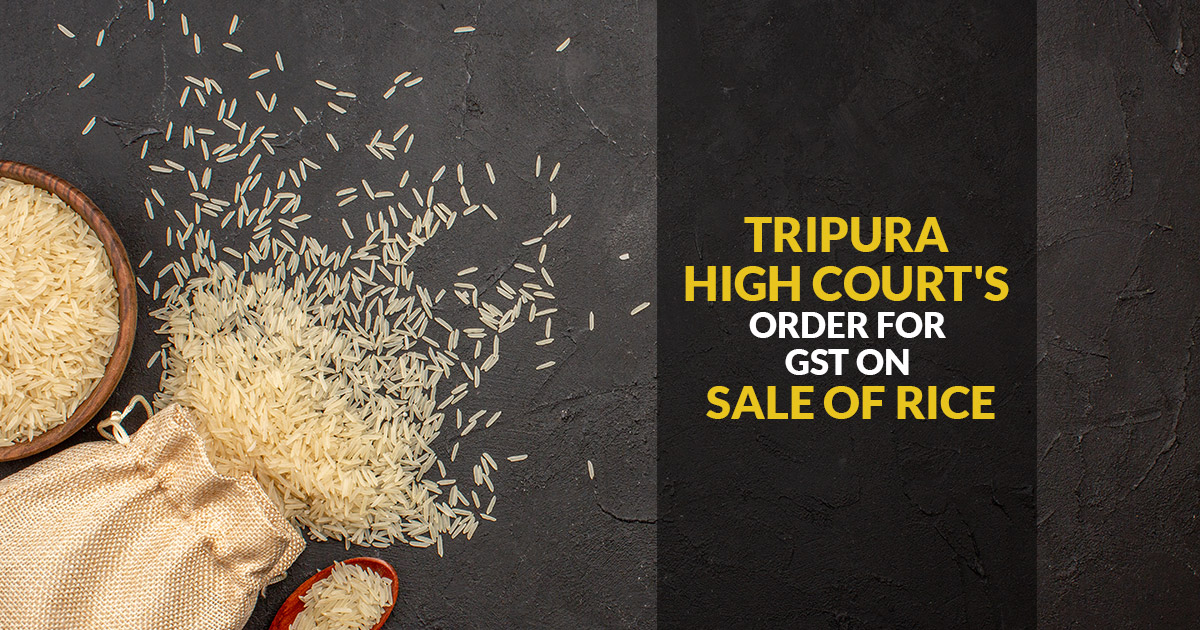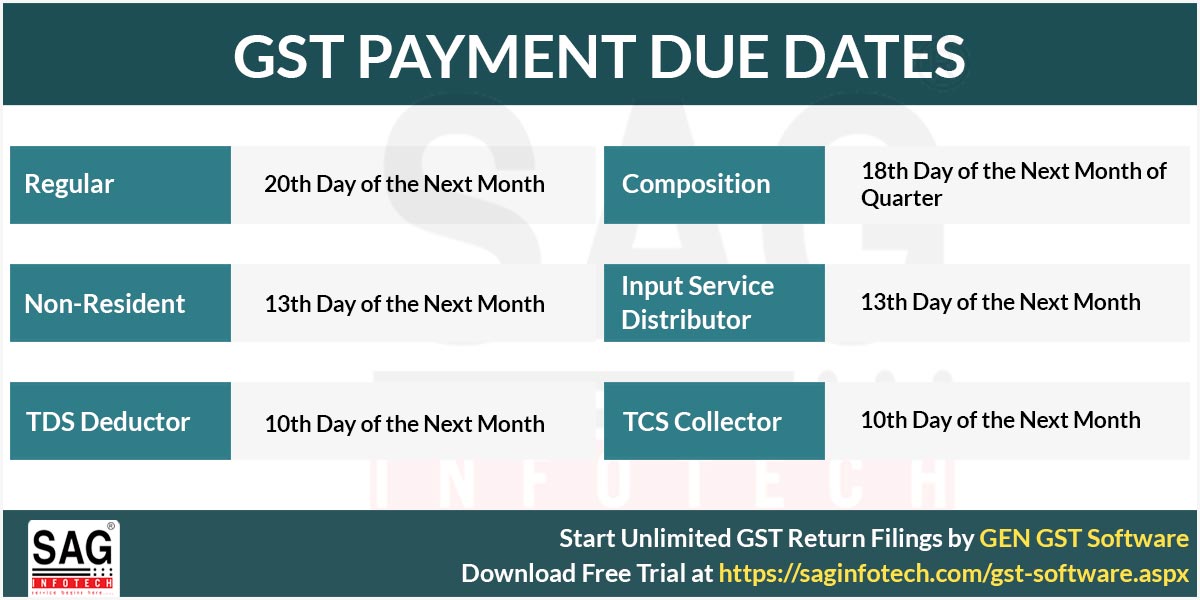
The Tripura High Court passed a ruling that the GST shall be levied on the sale of rice even if the Brand name is not registered. Here in this case the petitioner is Messrs Sarvasiddhi Agrotech Pvt. Ltd. which is a registered company and is in the trade of the supply of rice in the State of Tripura. As per the petitioner, the company supplies un-branded non-basmati rice.
After receiving intelligence input of selling branded rice, the State GST Authorities carried out a raid at the godown and other premises of the petitioner i.e. company. Consequently, the raid resulted in the seizure of certain documents and stock of unbranded rice lying in the godowns. And thereafter the adjudicating authority i.e. the Assistant Commissioner of GST issued a Demand cum Show Cause Notice to the petitioner-company.
In the show-cause notice, it was mentioned that on a prior intelligence input that the petitioner was engaged in manufacturing, package, and supply of branded rice in 25-kilogram bags with the product names Aahar Normal, Aahar Gold, and Aahar Premium without paying GST (Goods and Services Tax) and consequently, enforcement officers of the department visited the factory premises of the petitioner and found that the petitioner had been supplying branded packaged rice in unit containers without making payment of GST 
So, the bill books, order books, and several bags of branded rice (packaged) of the petitioner-company were seized. It was additionally alleged that as per the books (that were seized along with the sales statements), it was noticed that for the period between 01.07.2017 to 17.07.2018, the petitioner had sold branded rice of
- Aahar Normal
- Aahar Gold and
- Aahar Premium and the total taxable value of the aforesaid rice came to Rs 27,28,85,021/-
It was also pointed out that according to various Notifications that were issued by the GST council, the terms —brand name, registered brand name, actionable claim, and so on— have been defined. In the notice, it was further pointed out that the petitioner-company was supplying packaged rice containing marks like
- ‘Aahar rice’ along with specific images on the container units. In consequence, It was therefore alleged that the petitioner was supplying rice in unit containers bearing brand names such as
- Sarvasiddhi Agrotech Pvt. Ltd. and Aahar Normal
- Aahar Gold, and
- Aahar Premium on which an enforceable right or actionable claim in a court of law is available.
It was further alleged that the show cause notice 
- CGST as well as
- SGST
At the rates that were prescribed on the taxable value of its sales which was assessed at Rs 1,03,35,028/-. The notice was, therefore, called upon to show cause why such tax with interest and penalty was not recovered.
The Assistant Commissioner of GST did not accept the aforesaid defences of the petitioner and so passed the impugned order It came to the notice of the assistant commissioner that during such raids,
- 1975 bags of Aahar Normal rice,
- 802 bags of Aahar Gold and
- 445 bags of Aahar Premium
Were seized that were later on released on producing of the bank guarantee by the petitioner-company. He also referred to bills of supply of such products and invoices by the petitioner during the period that was under consideration.
“It was held by the division bench of Justices Akil Kuraishi and S.G.Chattopadhyay The brand names under which the petitioner was selling the rice may not have been registered, nevertheless it could lead to an actionable claim in a court of law. In order to avoid inviting liability of tax, the petitioner had to forgo such actionable claim which also the authorities found the petitioner had not done, the court ruled.”









